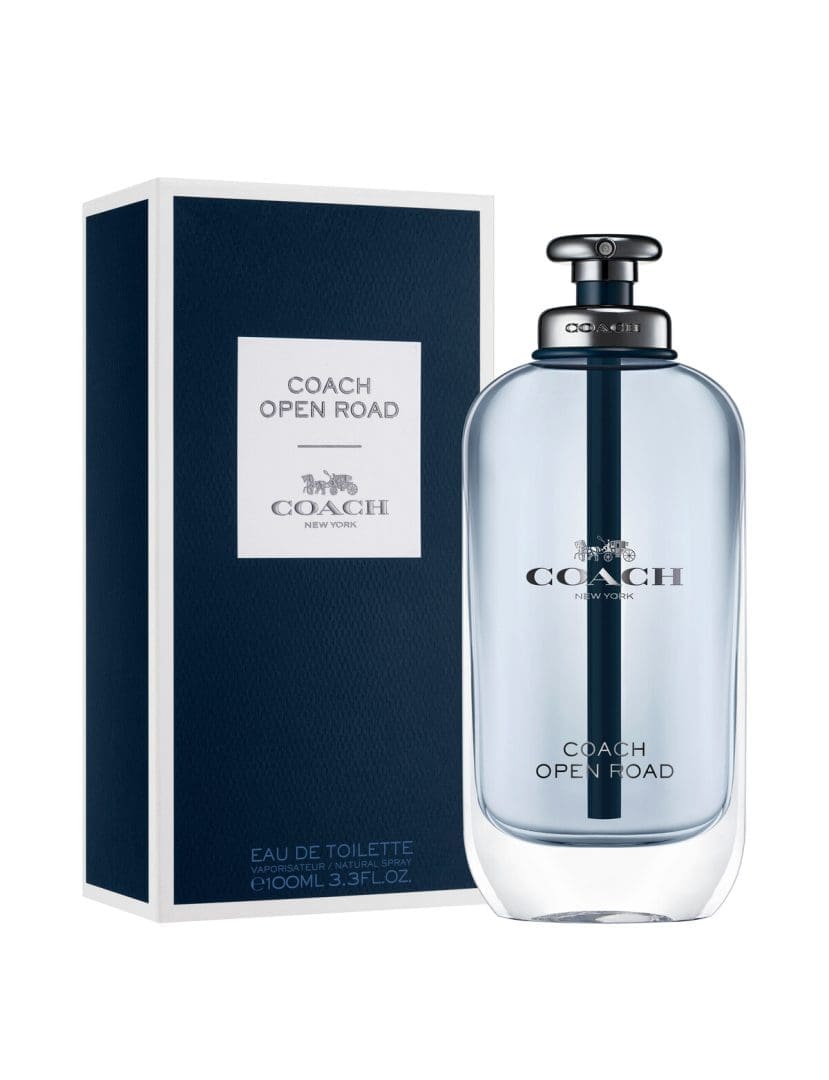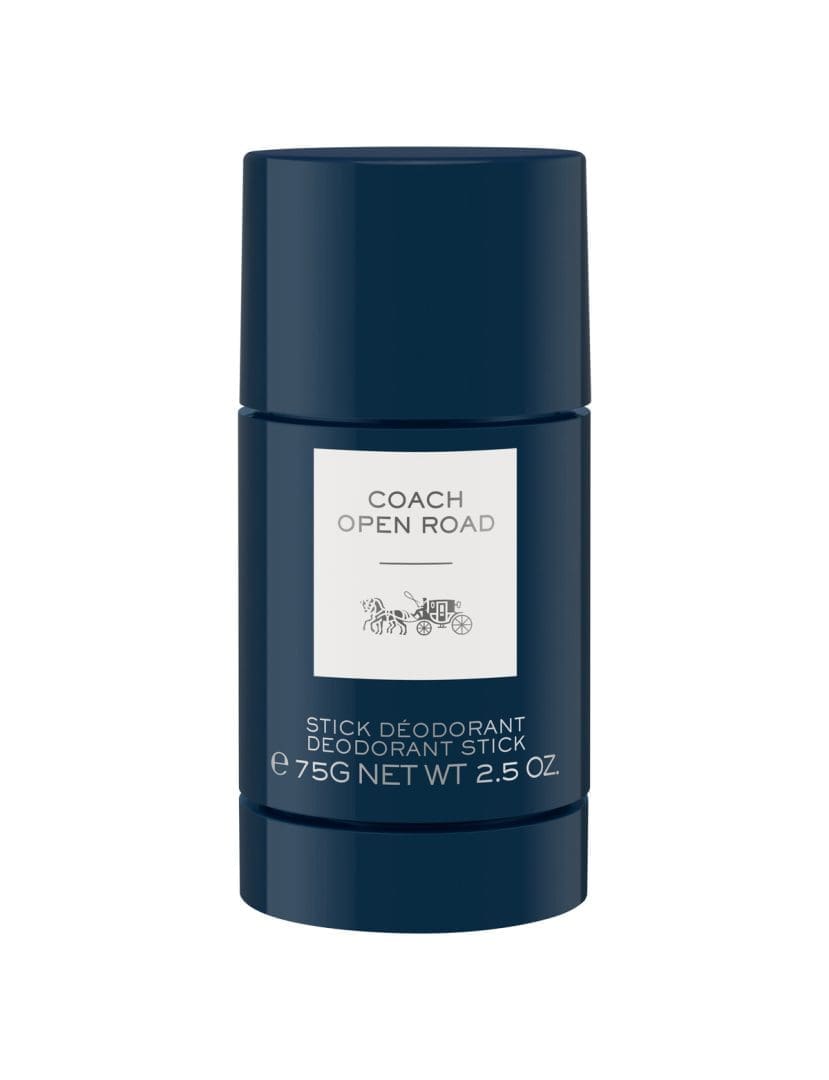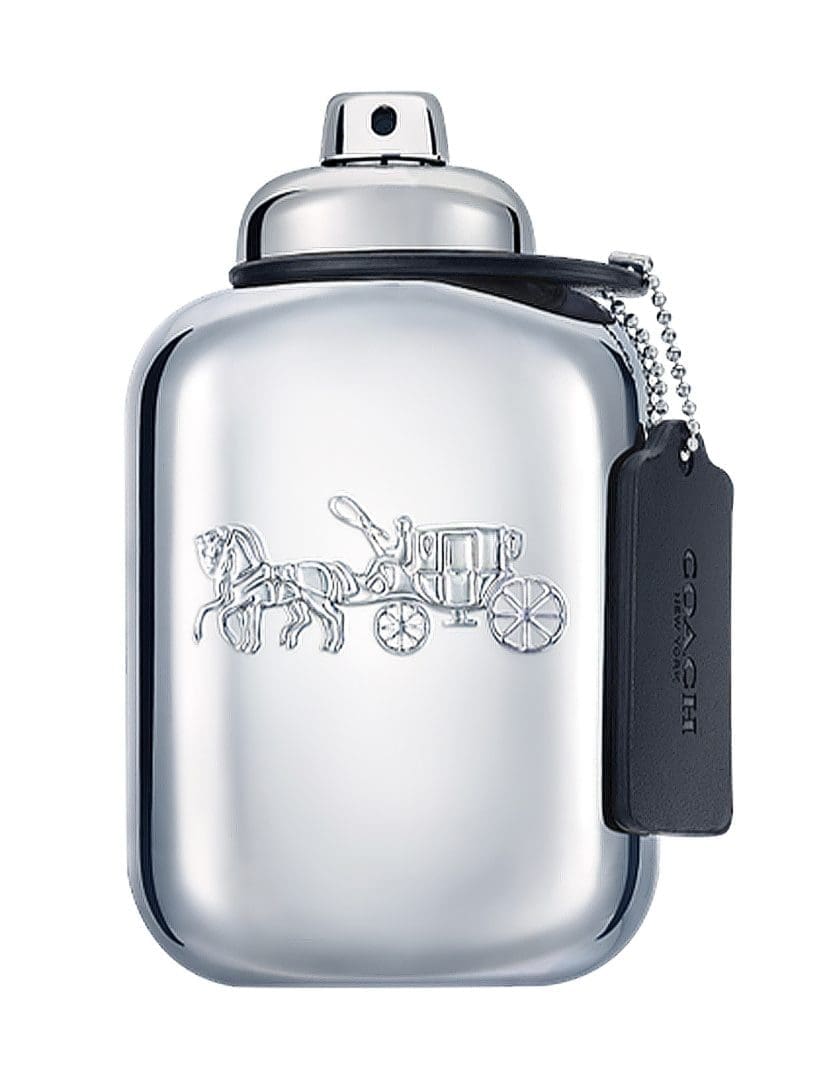The Creative Explosion of Devin Abrams
Creativity is such a complex thing to grapple with for an artist. It can lurk, almost like a dormant hand-grenade, in the back alleyways of the brain. It is one of those traits that every artist seems to have an opinion on and clear understanding of, but can never explain. Its definition is malleable and can be ever-changing. More a nuanced phenomena than anything else.
Moreover, when that perfect balance of creativity and sheer determination sits perfectly together, and the hand-grenade is dropped, as though a delicate pebble into a body of water, the ripple effect is something to truly behold. Something breathtaking happens. An overloud of bright colour, an explosion of soul and emotion.
One of New Zealand’s greatest living award-winning producers—his latest album, The Waters Between is coming out 15 July—is Devin Abrams, whose creative explosions are always phenomenal. Back in the day, it was whilst attending jazz school that he and three classmates formed one of the most popular and successful drum and bass acts in New Zealand history—Shapeshifter. The seeds for his signature sound were planted there. Achieving a long string of number one hits, sold-out shows both nationally and internationally, platinum albums and singles, and a huge fan-base, Shapeshifter changed the landscape of electronic NZ music forever. Abrams was firmly at the helm, stunning listeners as producer, writer and performer.
After a long stint in the group, Devin departed Shapeshifter in 2015 to focus on a side project of his, Pacific Heights, whilst also completing a master’s degree in music production. Pacific Heights is a big step away from the sounds of full-energy Shapeshifter. It’s a visceral experience listening to a Pacific Heights track. His success over the years has earned him numerous awards, nominations and successes and he has collaborated with the best in the business, like Drax Project, Six60, and US singer-and-actress Hailee Steinfeld, to name but a few. His latest album The Waters Between does just that. Releasing 15 July, it travels between the waters of the mind, the heart and the soul. As well as being a beautiful body of work, with creative explosions happening at every twist and turn, the album too is graced by guest appearances from national and international artists. Names like local legends Stan Walker, Louis Baker and Gramsci, the breakthrough talents of Foley and Lepani, and upcoming artists Solomon Crook, LANCE, and Jack Page.
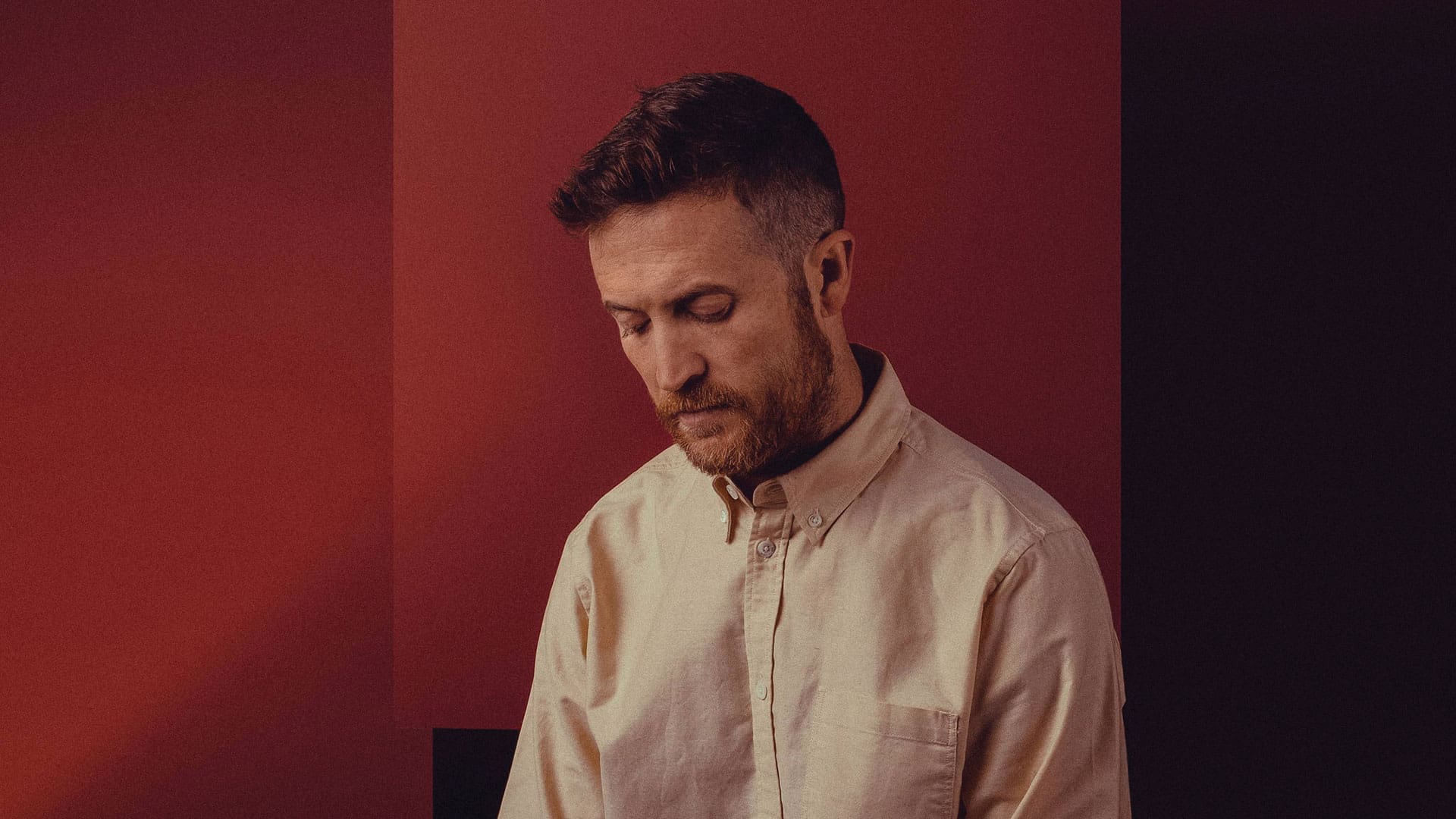
On the eve of its recent release, M2 got the opportunity to sit down with Devin Abrams and talk on the new album, creative processes and what he has planned for the future.
Is music, for you, a nine-to-five job? Or do you create only when inspiration hits?
I’d like to think it’s both, but realistically it’s mostly a routine. I get into the studio usually at around 8:30, and finish up at five every day. If I have to work nights and weekends, I will—I’m a full-time producer. Most of my work is producing for other people. So if I get stuck on deadlines, I’ll work beyond.
How did you first find music?
My grandfather—he wasn’t a professional musician—but he was a really, really fantastic jazz trumpet player. My parents came out of that Depression-era and were very much in the mindset of me getting a job, getting a degree—‘music’s just a hobby’ they’d say. Whereas my grandfather could see that I was really passionate about sound and very engaged musically with lots of creative thinking, so he told me to not listen to my parents and just do my thing.
At about 11, I remember trying to teach myself saxophone, listening to my parents’ records, and trying to play along. It must have been a terrible noise because saxophone’s a horrible instrument when you can’t play it properly. It’s as bad as the violin!
I then went through the jazz school in Christchurch, and that’s where I met the other Shapeshifter lads and started that band. We toured around the world for a long time. But also whilst I was in that band, I started doing my own thing, Pacific Heights. I wanted to explore more ambient-electro music. It started there and then it just progressed as it went on. When I left Shapeshifter, Pacific Heights became more of a focal point for my creative work.
How would you best describe the shift between the sound you were producing in Shapeshifter to the Pacific Height’s sound?
I’m probably the worst to answer that, mainly because it’s hard to have objectivity in your own work. I can’t see the forest from the trees sometimes when it comes to my own work, whereas I’m sure a listener can probably hear a really big difference.
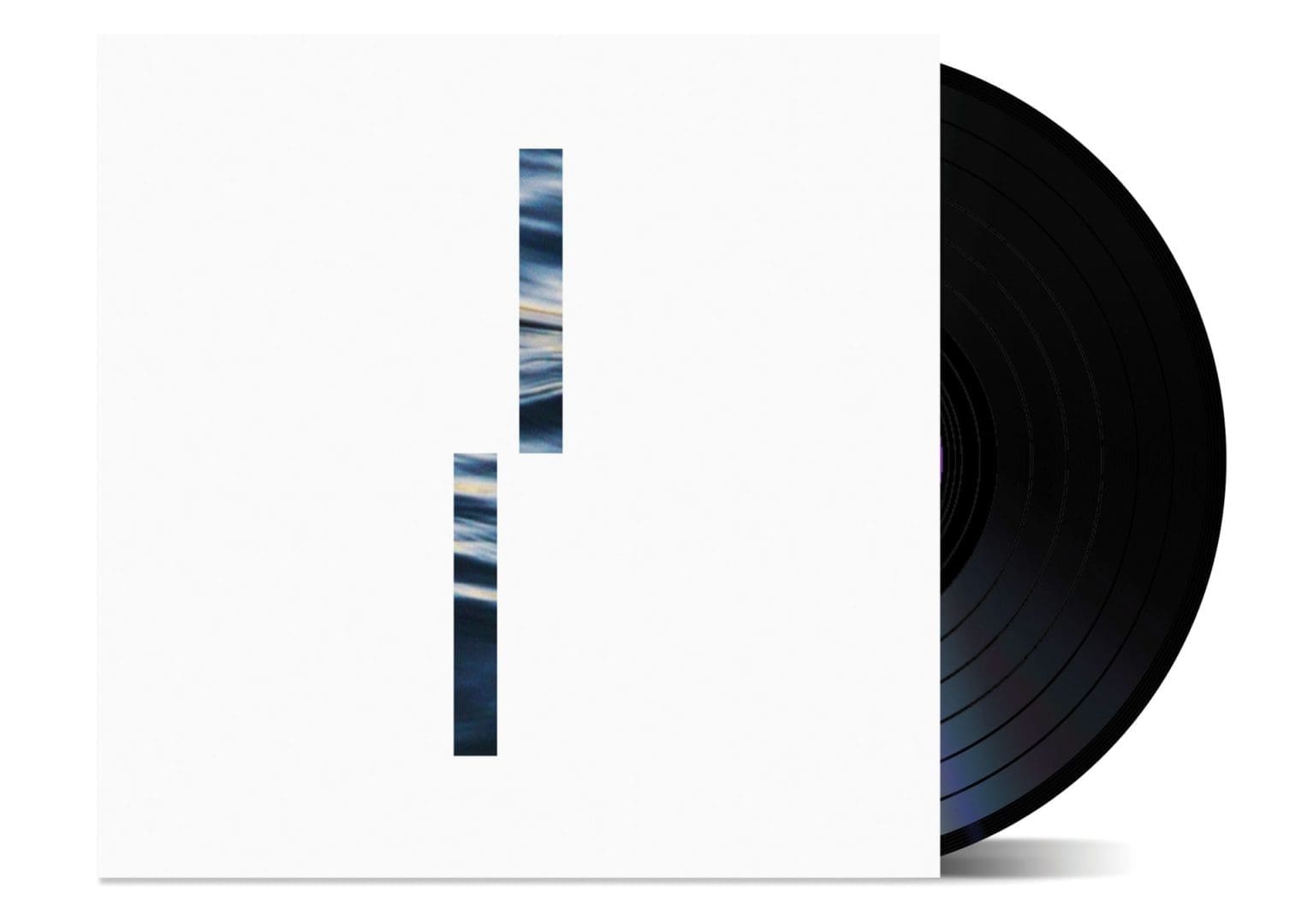
I listened back to some of the really old material which I’ve become quite detached from and I can hear stark differences. Pacific Heights has a very lush sound to it. Whereas Shapeshifter has a high-energy-impact ‘for the dance floor’-sense to it. I get that by listening to the really old stuff.
Could you tell me who your greatest musical inspirations are?
There are so many. My music tastes, especially in the last five years have gone so wide. Country music to metal to hip hop to soul to R&B to pop. I do naturally lean more towards looking at producers, like Brian Eno, and Quincy Jones. Those guys are on the pinnacle of the mountain for me.
As far as artists go, there’s John Coultrane, there’s Bon Iver, Tool, Michael Jackson, Prince, Cohen, Joni Mitchell. There’s just too many really. I feel like the older I get, I’ve become more open-minded, constantly looking for new things and music. My list is only gonna get wider and wider.
What can audiences expect from your new album?
After 20 years of making music, I’ve always felt every single chapter of Pacific Heights has been quite different from the last. With this chapter, over the last four years—working with pop-groups (like Drax Project) and living in LA—I’ve gotten quite upskilled in songwriting and production. I’ve brought that back to my own sound, which is very lush and deep.
I’ve been really excited about this album because it feels very cohesive as far as the songwriting and the sound goes. It’s like an album of new-school power ballads. As you can hear with the Louis track, there’s a big guitar solo at the end. There are lots of moments like that on the record.
I’ve also brought back my saxophone! I felt like it’s got a lot of emotion packed on this record. I’m really, really excited to share it. It’s still very electronic and ‘Pacific Heights’ with deep-lush spacelines and pads. I’m very excited to share this. It’s been a long time in the making—four years.
It started when I took my first trip to LA and I worked with some great writers. A couple of those songs made the record. It’s gone through several iterations over the last four years. I’ve worked in Australia on it, did a chunk in Wellington, and then finished it up here in my studio.
Was it a good feeling when you finally got all finished after those four years?
I’d say it was a huge release, like walking up a hill with stones on your back. I’d been holding onto this thing for so long trying to get it so right. It was almost like a big weight had been lifted off my shoulders.
As an artist, I get too caught up in my head about what the album should do, or what people will like about it—will it do well commercially? Will it do well critically? You have all these expectations and it becomes a burden. It starts feeling like you’re carrying around this huge bag of stones on your back. I have gotten a lot better at looking at it as a weight off my shoulders.
It’s out in the world. It’s doing its own thing now. It’s free to run around. It’s free-range. I used to get so worked-up thinking about if it will do well and if people like it. I’m really excited to be able to share it and let it run free. I’ll definitely be getting my manager very drunk on champagne on the release date. He’s also been working really, really hard for a long time on it. I feel like I owe him that.
Who would you say your favourite collaboration has been with over the years?
Oh, there’s been so many. I’ve done multiple songs with Louis Baker, who’s on the latest single. I love working with him. Dallas Tamaira, from Fat Freddy’s Drop; I’m doing his solo project—we have a good resonance in the studio together. Deanne Krieg, I loved working with her.
There have been so many good collabs over the years and that’s the beauty of it. I’m a producer-artist, so I don’t have to have the same singer for every song and I like working with different writers. There’s been a whole host of new people I’ve loved working with on this new record.
Could you give me a brief rundown of what your creative process looks like?
My friend lent me a book many years ago and it had the routines of all these iconic 18th and 19th century thinkers, philosophers, scientists, psychologists, poets, and writers. One thing that they all did was drink coffee and go for long walks. I’ve definitely taken on certain aspects of that. My routine definitely starts with helping with the kids and having a big plunger of coffee. I’ve encouraged the kids to make coffee—they help me, and they get really excited about making my coffee with me.
I like to start my day by trolling YouTube for new pieces of jazz or bits of music I’ve missed from history. Then I’ll go through some of my new music platforms like Band Camp, or Pitchfork, just for new stuff. I’ll usually spend the first hour of the studio day just doing big picture stuff—the macro-decisions I need to make—I find I make those really well in the morning.
If I’m looking at the arrangement of a song, or the style that I’ve produced it in, those kinds of big picture questions. I’m ADHD, so I go into a zone fast. I do like to break my day up with a bike ride at about lunchtime every day. So I get out on my bike for about 20 or 30 minutes. I sprint up a really steep hill, and come back all sweaty.
Quite often find on my bike ride, I have these problem-solving thoughts. Sometimes they work, sometimes they don’t, but it’s a solution. I come back and try something.
I find going out of my studio for that little moment, getting some exercise, and getting outside is really good.
Quentin Tarantino does that. He sits in his pool after a hard day of work and comes up with solutions to his scripts and makes adjustments. He is walking in your footsteps!
Oh, I don’t know, it’s probably the other way around. But I think it’s good. Routine’s healthy for any creative person.
With the release of the album, do you have any tours planned?
I’ve obviously been a live musician for so long. I think these days for me, I only want to do something if it can be unique, different and exciting me. I don’t want to just get on stage and play my keyboard. I want to find new ways to do things, like collaborating with robotic speakers or have sound-design sets or be a part of an exhibition where I’m collaborating with artists with my music.
If I can find ways to do something different, I’ll do it with this album. But at this stage, there are no plans. I might be looking at doing a couple of DJ sets with more of my own ambient remixes of the record, but I’m not planning anything at this stage.
What is your definition of success?
I personally think success for me is enriching other people. Have I made the world a better place for what I’ve done? Have I managed to do that without being selfish or detrimental to the planet and people?
It’s not always possible to do that all of the time and a hundred percent, but I think for me, if I lived to 70 or 80 and look back at my career, I’ll feel successful. So I think that’s my aspiration, my success is getting to do what I love for the rest of my life and getting to tick all those boxes.


